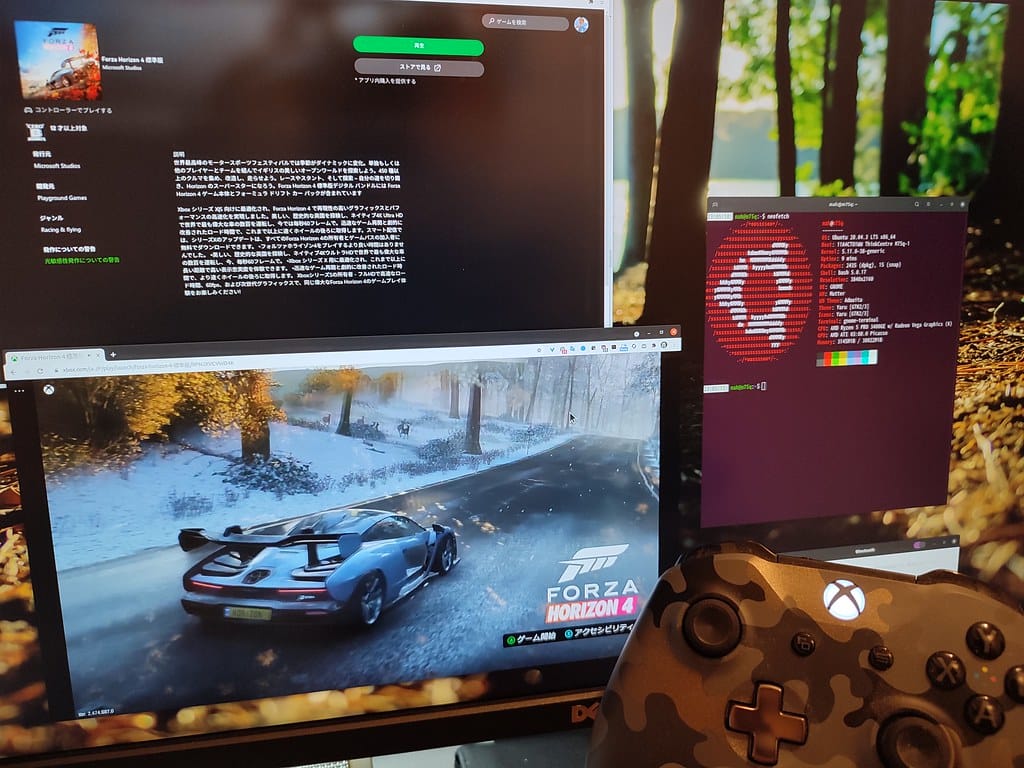Xbox Founding Team Member Declares Console Hardware "Dead" as Gaming Shifts to Cloud
A bombshell statement from one of Xbox's original architects is sending shockwaves through the gaming industry, as they declare that traditional console hardware has reached its evolutionary dead end.
The provocative claim comes from Nat Brown, a founding member of Microsoft's Xbox team who helped bring the original console to life in 2001. Speaking at a recent industry conference, Brown didn't mince words: "Xbox hardware, as we know it, is dead. The future of gaming isn't sitting in your living room—it's floating in the cloud."
The End of an Era?
Brown's statement represents more than just industry speculation; it's a fundamental challenge to the $50 billion console gaming market. His insider perspective carries significant weight, given his role in developing the original Xbox's architecture and his continued involvement in gaming technology development.
"We're witnessing the last generation of traditional consoles," Brown explained. "The Xbox Series X and PlayStation 5 are magnificent pieces of engineering, but they're also the final evolution of a dying breed. The future belongs to streaming, cloud computing, and ubiquitous access."
The timing of these comments is particularly striking, coming just as Microsoft has been heavily investing in Xbox Game Pass and cloud gaming infrastructure through Xbox Cloud Gaming (formerly Project xCloud).
Market Signals Point to Transformation
Recent industry data appears to support Brown's thesis. According to Newzoo's Global Games Market Report, cloud gaming revenues are projected to reach $8.2 billion by 2025, representing a compound annual growth rate of 57%. Meanwhile, traditional console sales have plateaued, with the global installed base growing at just 2-3% annually.
Microsoft's own strategic shifts provide additional evidence. The company has increasingly positioned Xbox as a service rather than a hardware platform, with Game Pass subscriptions now exceeding 34 million users. Xbox games are simultaneously launching on PC, mobile devices, and competing platforms—a stark departure from the exclusive hardware model that defined previous console generations.
The Cloud Gaming Revolution
The technical foundation for Brown's prediction is already in place. Xbox Cloud Gaming now supports over 400 titles, accessible on smartphones, tablets, laptops, and smart TVs. The service eliminates the need for expensive hardware upgrades, offering console-quality gaming experiences through internet browsers.
"When you can play Halo Infinite on your phone with the same visual fidelity as a $500 console, why would you buy the console?" Brown asked rhetorically. "The hardware becomes irrelevant when the experience is identical."
Major competitors are racing to capture this emerging market. Google Stadia, despite its struggles, pioneered mainstream cloud gaming. Amazon Luna continues expanding its reach, while NVIDIA GeForce Now has attracted millions of users seeking high-end PC gaming without expensive hardware.
Industry Pushback and Skepticism
Not everyone shares Brown's apocalyptic vision for console hardware. Sony Interactive Entertainment CEO Jim Ryan recently stated that "premium gaming experiences still require dedicated hardware" and predicted continued console relevance through 2030.
Gaming industry analyst Mat Piscatella from Circana argues that infrastructure limitations will preserve console relevance: "Reliable, high-speed internet isn't universally available. Consoles provide consistent, offline-capable gaming experiences that cloud services can't match."
Technical challenges remain significant. Latency issues, bandwidth requirements, and internet reliability continue plaguing cloud gaming adoption. Rural areas and developing markets lack the infrastructure necessary for seamless cloud gaming experiences.
The Hybrid Future
Perhaps the most likely scenario involves a hybrid approach rather than complete hardware elimination. Microsoft appears to be hedging its bets, continuing console development while aggressively expanding cloud services.
The company's recent hardware releases—including the more affordable Xbox Series S and specialized streaming devices—suggest a strategy of diversifying hardware offerings rather than eliminating them entirely.
What This Means for Gamers
Brown's prediction signals a fundamental shift in how we'll consume interactive entertainment. If accurate, gamers can expect:
- Lower barriers to entry with subscription-based gaming
- Platform-agnostic experiences across all devices
- Reduced need for hardware upgrades and storage management
- Increased dependence on internet connectivity
Whether Brown's timeline proves accurate or overly aggressive, his statement reflects an undeniable industry trajectory. The question isn't whether cloud gaming will transform the industry—it's how quickly traditional console hardware will become obsolete.
The gaming revolution may not happen overnight, but Xbox's founding father believes the writing is already on the wall.

